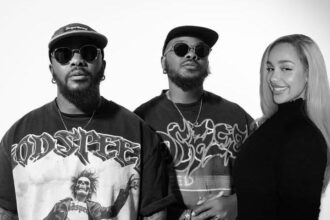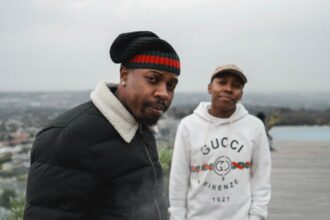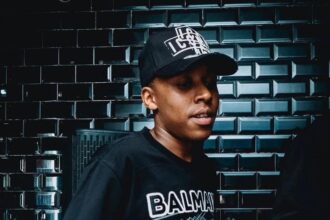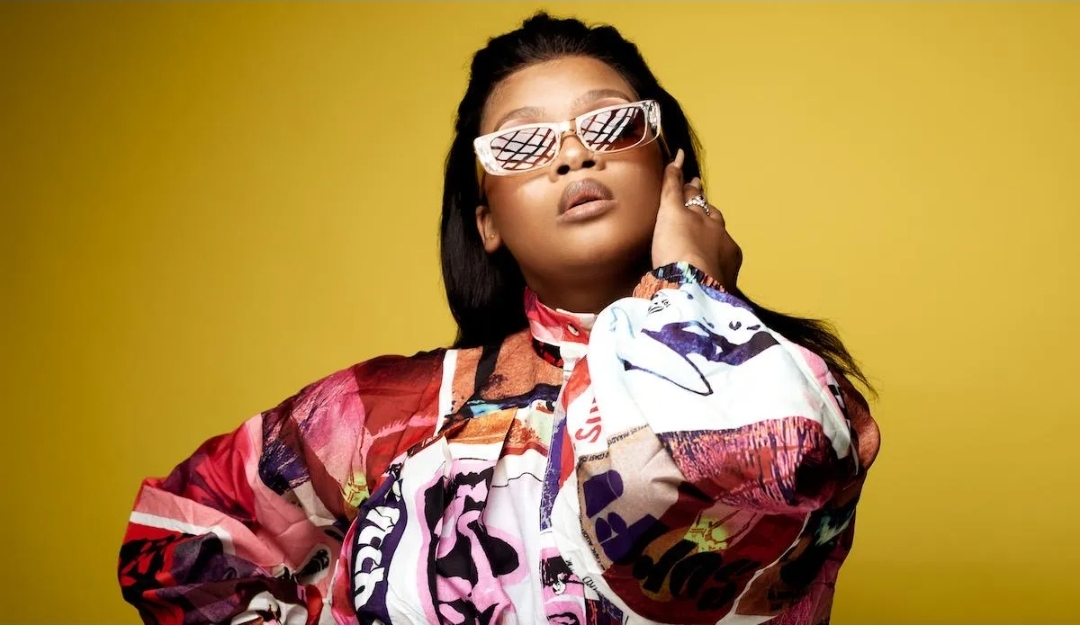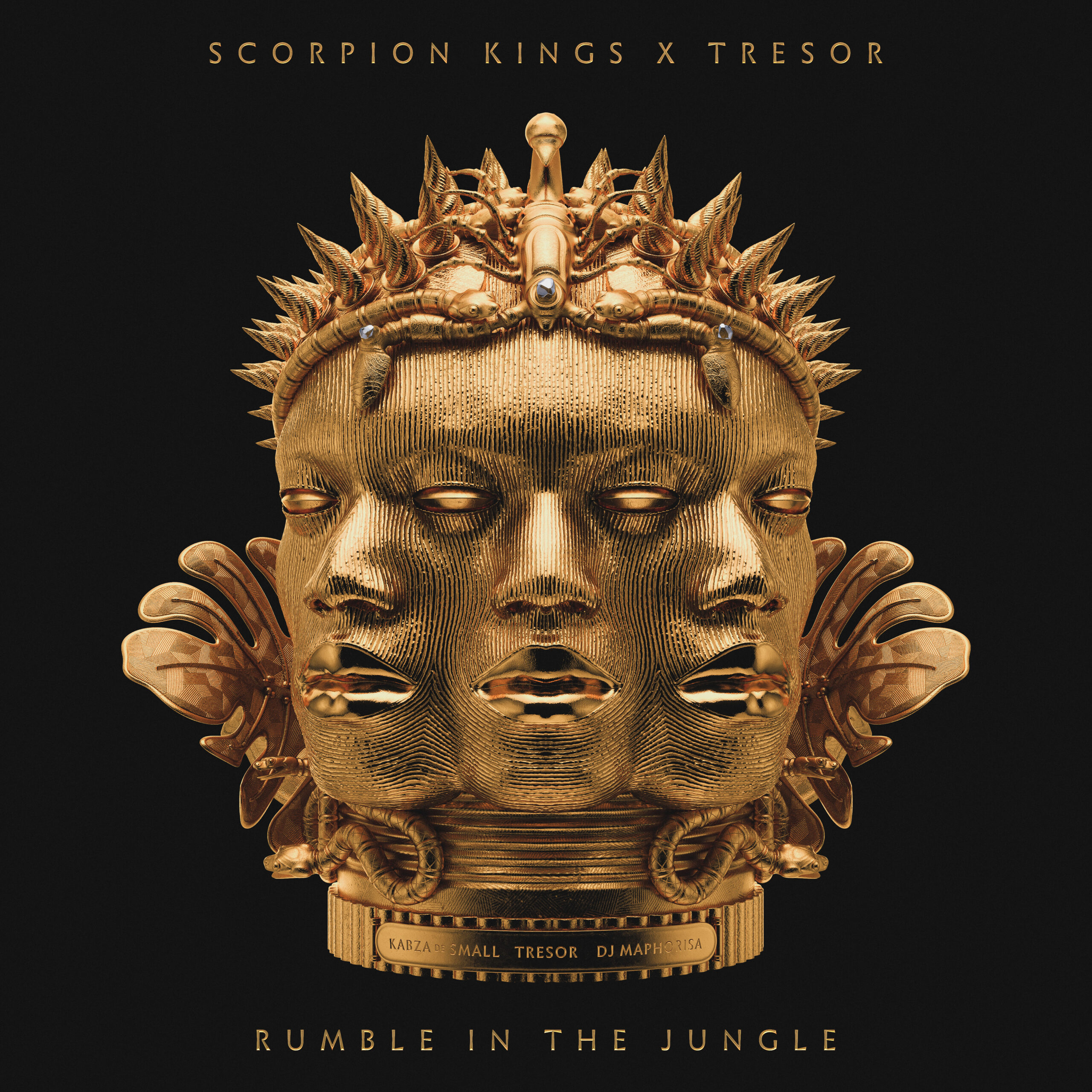Lady Du Reveals Why She Doesn’t Take Gigs During The Week. Born into a family of musicians, Lady Du’s father DJ Choc and uncle DJ Zan D are reputable deejays and producers. Lady Du, real name Dudu Ngwenya, first learned how to play at the tender age of nine. Since then and during her early adult life, she had been trying to get a successful break into the music industry. Though she made songs with renowned producers such as DJ Clock, DJ Mshega and DJ Maphorisa (back when he still did gqom) in 2013, 2014 and 2018 respectively, her breakthrough only came under a year ago through the track “Superstar”, alongside revered amapiano deejay and producer Mr JazziQ.
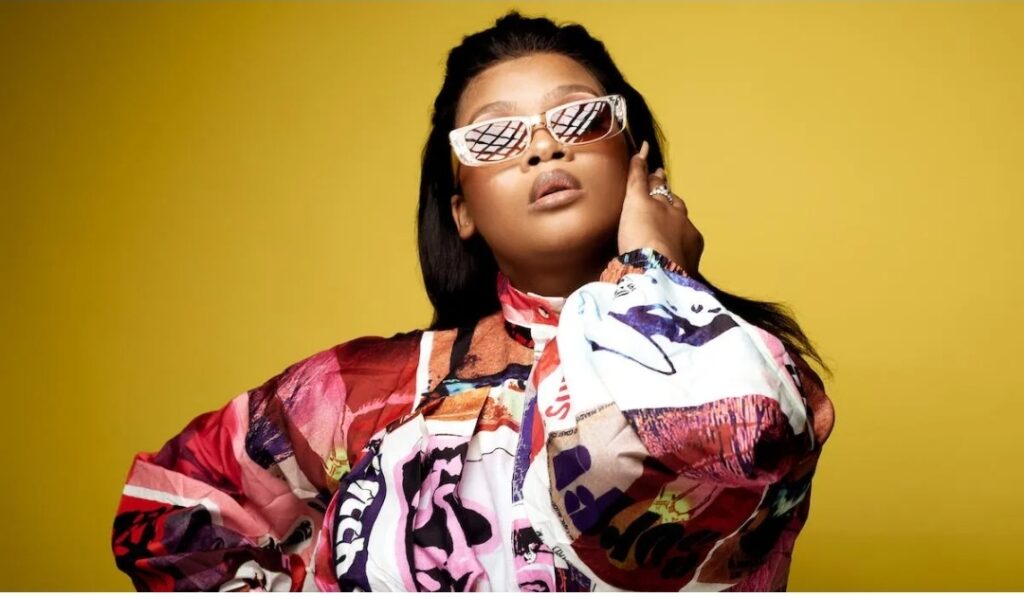
Lady du took to social media to share that she does not take gigs during the week. She explained that she takes her daughter to school everyday and fetches her afterschool, and she wojld not take gigs that would disrupther child’sroutine. “I take my daughter to school everyday and fetch her after school, I stated that I don’t take gigs during the week, if they affect her daily routine. this has made my life so easy I’m never late for any meeting, my day starts at 5 am. My body is so used to it. I love it,” she wrote.
Lady Du’s musical journey speaks to her resilience, and her success can rightfully be attributed to her perseverance. On “Superstar”, Lady Du sings about aspiring to superstardom, even going as far as mentioning some South African celebrities that she looks up to! Today, her name is listed among the very stars she once mentioned on the track. Since 2020, she has collaborated with heavyweights like Oskido, Cassper Nyovest, Khuli Chana, Focalistic, De Mthuda, Josiah De Disciple, Busta 929, DBN Gogo and many others. Her signature sultry voice, which sometimes resembles that of a baby, can also be heard on some of amapiano’s biggest smash hits like “Umsebenzi Wethu”, “Dakiwe”, “Catalia”, “Woza”, “GUPTA” and more.
Speaking on her kasi brand, the star said: “That’s what I stand for, that’s who I am. I try to represent struggling kids who are fighting against odds to reach a certain level of success. This is why I strive to be as transparent as I can because most times, as brands, we put on a front to hide the true struggles we often have to endure in the music industry. My brand is more aligned with kwaito. It’s aligned with authenticity, understanding who I am, trying to break boundaries and not be stereotyped. So, I’d say I am an African kwaito queen!”

